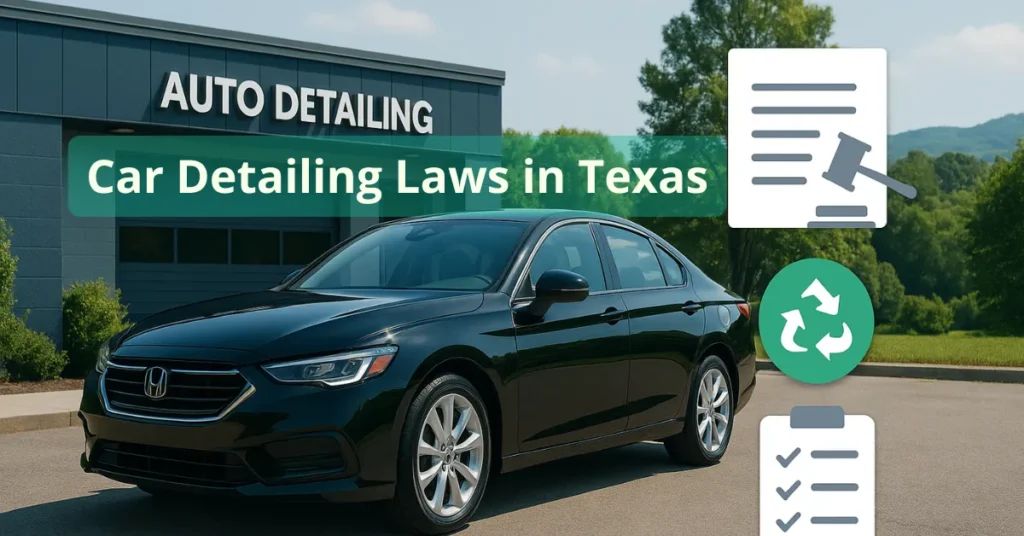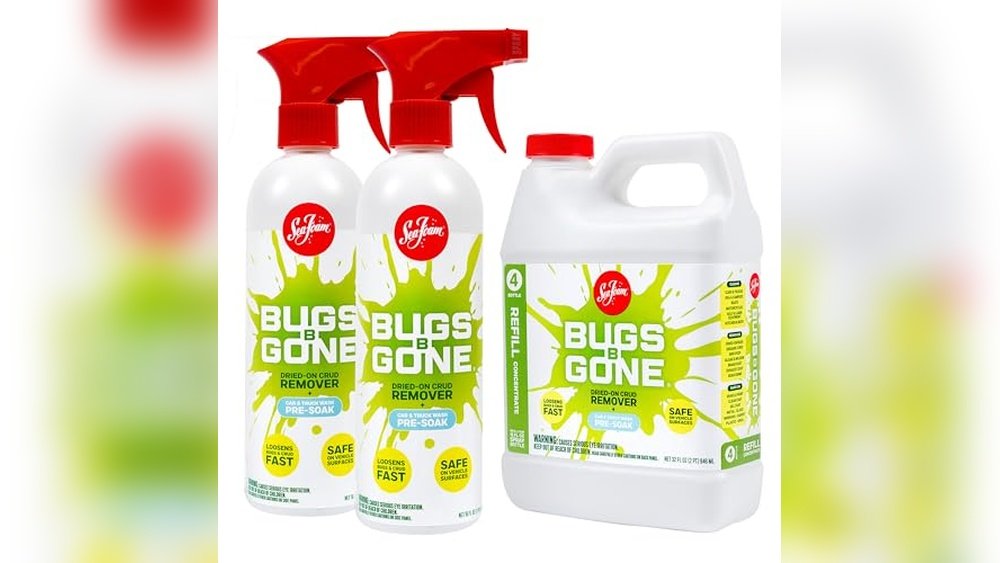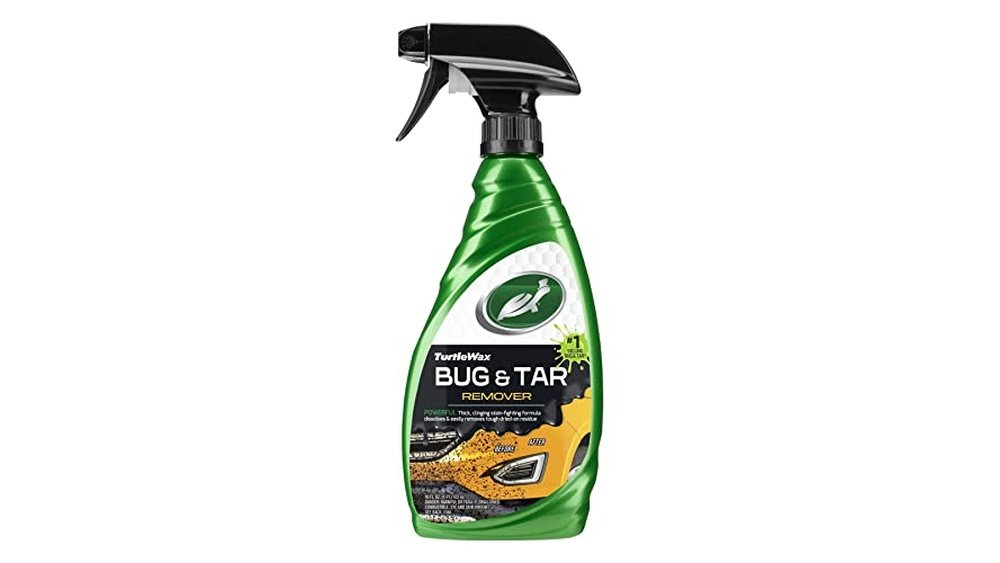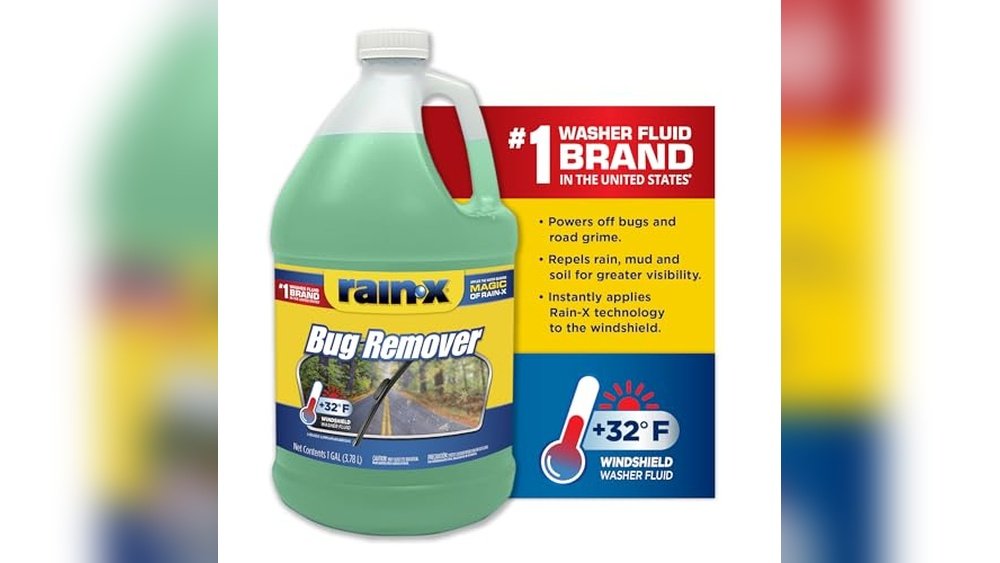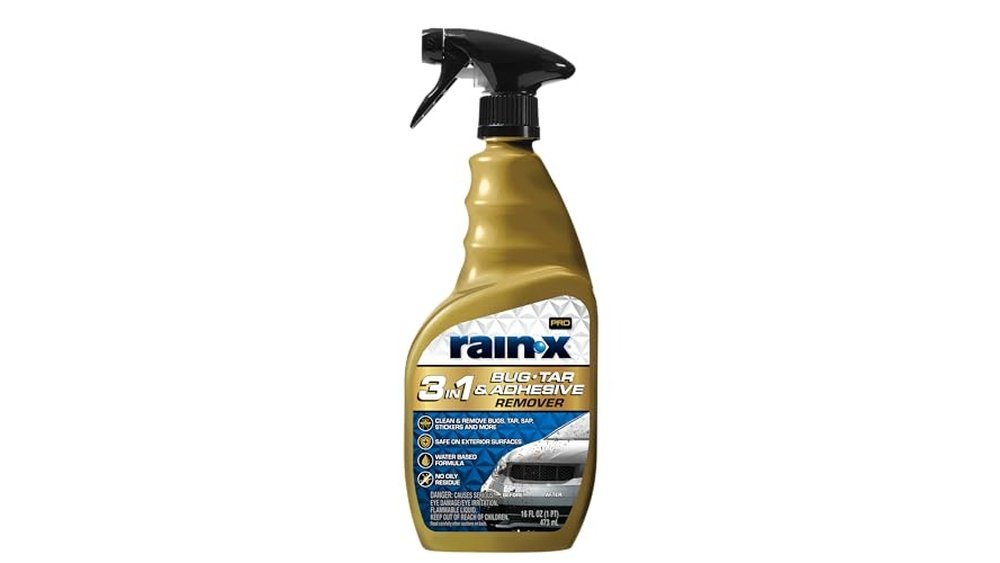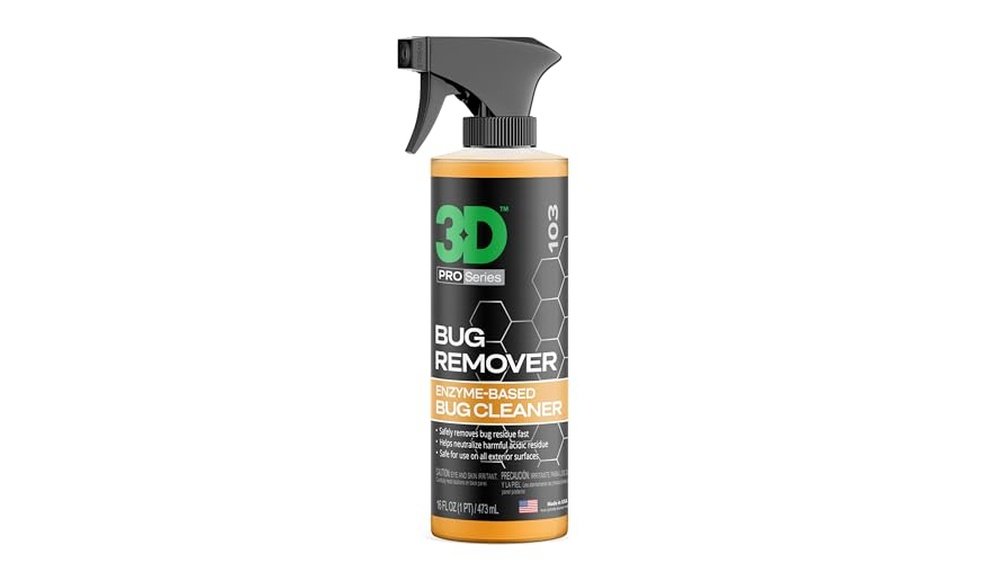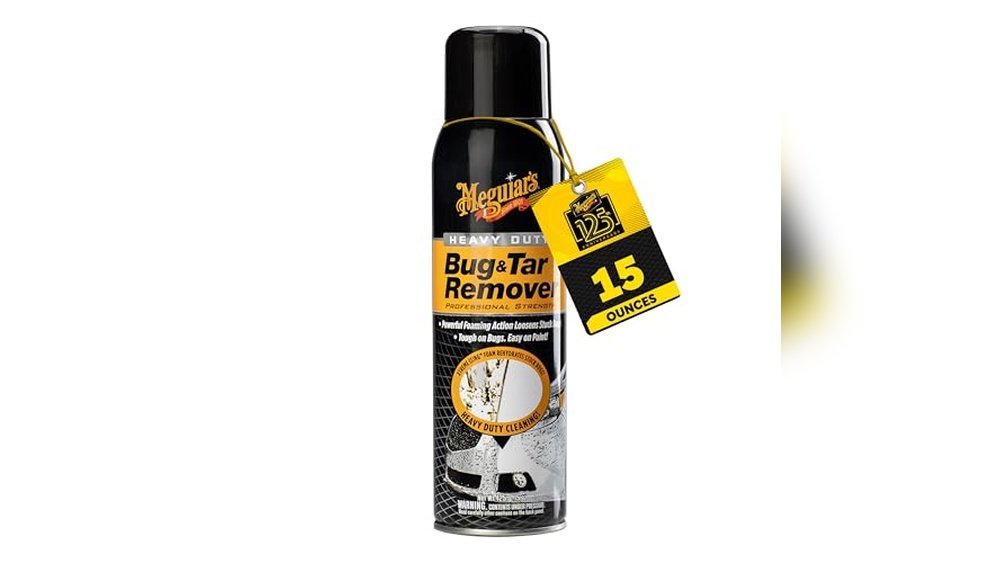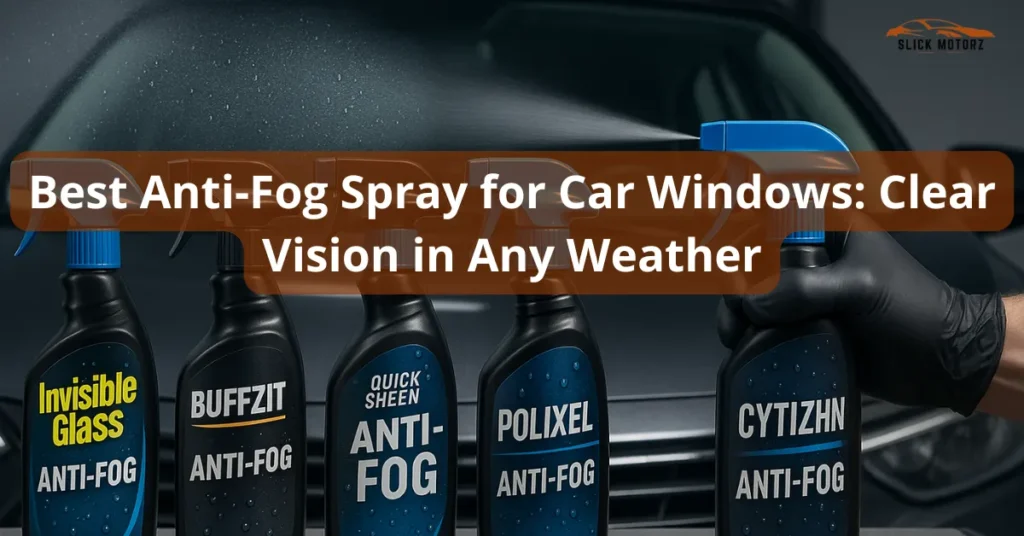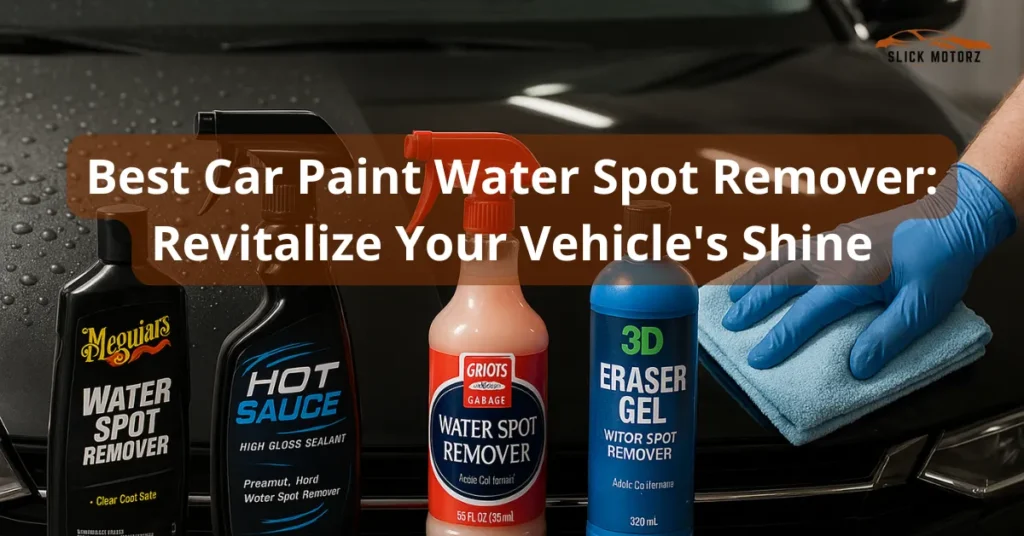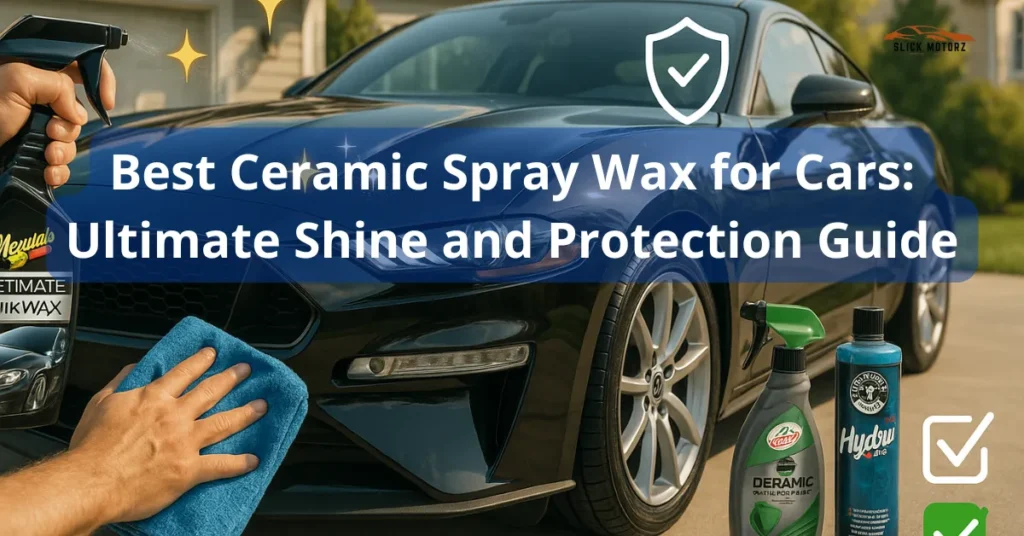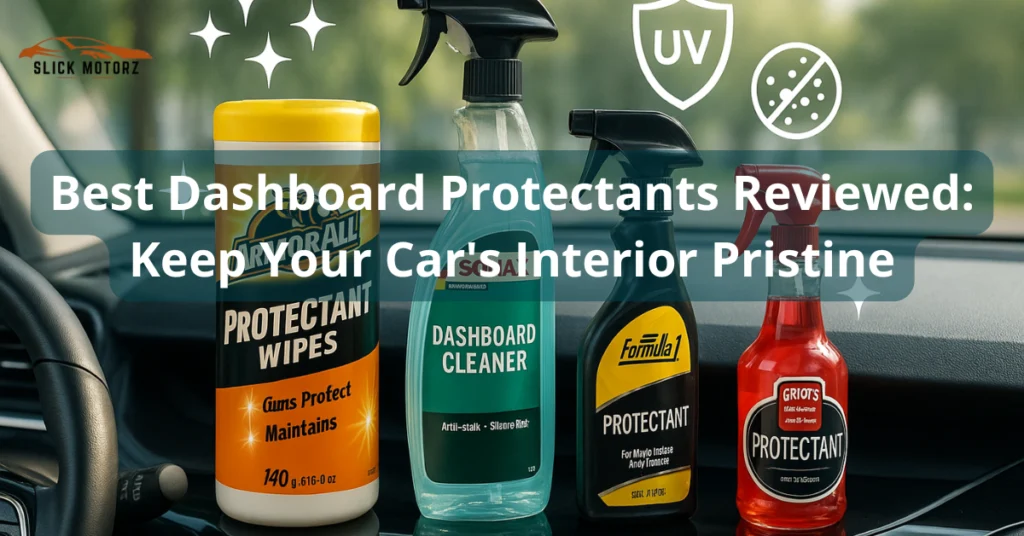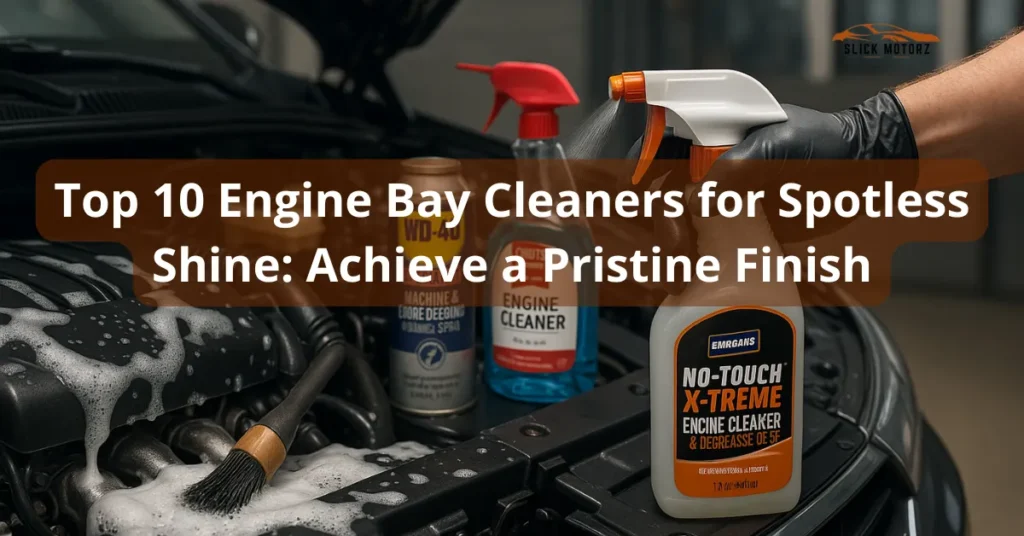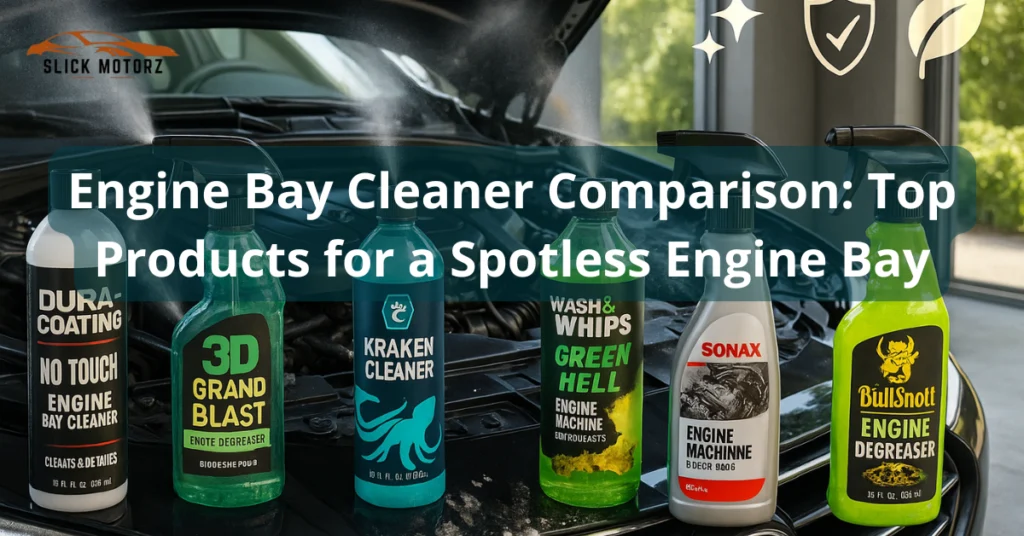Are you a car enthusiast living in Texas? Or perhaps you’re passionate about keeping your vehicle looking pristine?
If so, understanding the Car Detailing Laws in Texas is crucial for you. These regulations not only ensure the quality of services you receive but also protect you and your vehicle from potential mishaps. Imagine the peace of mind knowing that your car is in the hands of professionals who adhere to strict guidelines.
Dive into this article to uncover everything you need to know about car detailing laws in Texas, ensuring that your next detailing experience is smooth and stress-free. Curious to find out if your detailing shop is compliant with state laws? Keep reading to empower yourself with knowledge that could save you time, money, and headaches down the road.

Credit: ronaldrohdelaw.com
Legal Framework
Understanding the legal framework for car detailing in Texas is crucial. This framework ensures businesses operate within set guidelines. Compliance with these laws protects both service providers and consumers. It promotes fair practices and quality service in the industry.
Permits And Licenses
Car detailing businesses in Texas need specific permits. Operating without them can lead to fines. Local authorities issue these licenses. They ensure the business meets safety and health standards.
Texas enforces strict environmental rules for car detailing. Businesses must manage waste responsibly. This includes proper disposal of chemicals and water. Failure to comply can result in penalties.
Insurance Requirements
Insurance is mandatory for car detailing services. It protects both the business and customers. Liability insurance covers damages during the detailing process. It is vital for building trust with clients.
Consumer protection laws safeguard clients’ interests. They ensure honest advertising and fair pricing. These laws prevent fraudulent practices. Customers can report any violations to local authorities.
Employment Laws
Detailing businesses must adhere to Texas employment laws. These laws cover wages, working conditions, and employee rights. Ensuring compliance helps avoid legal issues. It also promotes a healthy work environment.
Licensing Requirements
In the bustling world of car detailing in Texas, understanding the state’s licensing requirements is crucial for anyone looking to start or expand their business. Navigating through these regulations can be daunting, but having the right knowledge can set you on the path to success. This section breaks down the essential details you need to know, whether you’re just starting out or aiming to stay compliant.
Licensing Requirements In Texas
Texas mandates that car detailing businesses adhere to specific licensing protocols. This ensures that services are performed safely and professionally. But what exactly does this mean for you?
Do You Need A License?
If you’re planning to operate a car detailing business in Texas, you might wonder whether a license is necessary. Interestingly, while there’s no specific car detailing license, you may need a general business license. Check with your local city or county office to find out what applies to your area.
Understanding Local Regulations
Local regulations can vary significantly. Some cities may require additional permits, especially if you’re dealing with chemicals or water waste. A friend of mine learned this the hard way when he started his detailing business in Austin. He had to secure a water discharge permit that he hadn’t initially considered.
Insurance And Bonding
Though not a license, having insurance and bonding is often recommended. This protects your business and clients. Imagine detailing a high-end car, only to accidentally damage it. Having the right insurance can save you from significant financial loss.
Compliance And Training
Staying compliant with safety standards is another crucial aspect. Consider investing in training for your staff on the proper handling of detailing products. It not only ensures safety but also boosts your business credibility.
Staying Updated
Regulations can change, so it’s vital to stay informed. Regularly check updates from local business offices or industry newsletters. Could neglecting this lead to non-compliance and possible fines?
Starting a car detailing business in Texas comes with its unique set of challenges, but understanding licensing requirements can make the journey smoother. Have you considered how these laws might impact your business strategy?
Environmental Regulations
In Texas, car detailing businesses are not just about making vehicles shine; they must also adhere to environmental regulations that protect our land, air, and water. These laws ensure that detailing practices don’t harm the environment. As a car enthusiast, you might wonder how your detailing service maintains its eco-friendly standards. Understanding these regulations can help you make informed decisions and support businesses that prioritize sustainability.
Water Usage Standards
Water conservation is a critical aspect of car detailing in Texas. State regulations limit excessive water usage to prevent waste and protect natural resources. Many detailing businesses adopt high-pressure washing systems that minimize water consumption while maximizing cleaning efficiency.
Consider your own water habits. Do you often leave the hose running when washing your car? By supporting businesses that use water-saving technologies, you contribute to preserving Texas’s precious water supply. Next time you’re at a car wash, ask about their water usage practices.
Chemical Disposal Rules
Proper disposal of chemicals is mandatory for detailing businesses to prevent environmental contamination. Texas laws require safe disposal methods for hazardous materials like cleaning agents and polishes. These rules protect soil and water from toxic substances.
Think about the chemicals you use at home. Are you disposing of them correctly? Car detailing businesses often have trained staff to handle these materials safely. Choosing a service that follows these rules ensures your car is cleaned without compromising the environment. Are you supporting eco-friendly practices with your choices?
By understanding these environmental regulations, you not only protect the planet but also demand higher standards from your local businesses. Next time you’re choosing a car detailing service, consider their adherence to these laws. Your choices matter more than you might think, both for your vehicle and the environment.
Health And Safety Standards
Car detailing in Texas is more than just a cleaning service. It involves strict health and safety standards. These standards ensure a safe environment for employees and customers. Following these guidelines helps maintain a clean and safe space. It prevents accidents and promotes healthy practices. Understanding these rules is crucial for every detailing business.
Employee Protection Measures
Employee safety is a top priority in car detailing. Protective gear is mandatory. Workers must wear gloves, masks, and goggles. This protects them from chemicals and debris. Regular training sessions are held. These sessions educate employees on safety practices. Emergency protocols are also clearly outlined. Signs and instructions are visible throughout the workspace. This ensures quick action during emergencies.
Customer Safety Protocols
Customer safety is equally important. Detailing shops follow strict cleaning practices. All equipment is sanitized regularly. This reduces the risk of spreading germs. Customers are advised to wait in designated areas. These areas are clean and comfortable. Clear pathways are marked for easy navigation. This avoids any potential accidents. Feedback from customers is encouraged. This helps improve safety standards continuously.
Insurance And Liability
Car detailing businesses in Texas must navigate insurance and liability laws to operate legally. Ensuring compliance involves understanding coverage for damages during services. Proper insurance protects both business owners and customers from unforeseen incidents.
Car detailing businesses in Texas need to be aware of the various insurance and liability aspects that come into play. If you’re considering starting or already running a car detailing service, understanding these components can safeguard your business from unexpected challenges. Let’s dive into the key areas you should focus on to ensure you’re covered.
Understanding General Liability Insurance
General liability insurance is crucial for any car detailing business. It provides coverage against claims of bodily injury or property damage that might occur during your operations. For instance, if a customer slips and falls in your shop, this insurance can cover medical expenses and legal fees. Without this insurance, you might find yourself paying out of pocket, which can be financially draining. Do you want to risk such a scenario?
Importance Of Garage Keepers Insurance
Garage keepers insurance is tailored for businesses like car detailing services. It covers damage to vehicles under your care, custody, or control. Imagine accidentally scratching a client’s car during detailing. This insurance ensures that repair costs don’t come from your pocket. Ensure you review what your policy covers. Does it include theft or natural disasters?
Worker’s Compensation Coverage
If you have employees, worker’s compensation is essential. It covers medical expenses and lost wages if an employee gets injured on the job. Given the physical nature of car detailing, accidents can happen. For example, an employee might strain their back lifting heavy equipment. Worker’s compensation ensures they receive necessary medical treatment and wage compensation during recovery.
Personal Experience: The Importance Of Being Prepared
A few years ago, I heard about a detailing shop owner in Texas who had a wake-up call. An unexpected hailstorm damaged several cars in his care. Fortunately, he had garage keepers insurance, which saved his business from financial disaster. This real-world example underscores the unpredictability of life and the importance of being prepared. Have you assessed your insurance needs lately?
Evaluating Your Insurance Needs
Every business is unique. Your insurance needs might differ based on your location, the size of your operation, and the services you offer. Speak with an insurance agent familiar with the car detailing industry to tailor a policy that fits your needs. Are you confident your current insurance plan covers all potential risks? If not, it might be time for a review. Insurance and liability may seem daunting, but they are essential for the protection and longevity of your business. By ensuring you have the right coverage, you can focus on what you do best—providing top-notch car detailing services to your clients.
Consumer Protection Laws
Texas car detailing laws protect consumers by regulating service quality and pricing transparency. Businesses must disclose detailed service lists and honor advertised prices. Violations can lead to penalties, ensuring fair treatment for all customers.
Navigating the intricate details of car detailing laws in Texas can be daunting, especially when it comes to consumer protection. These laws are designed to safeguard you from unfair practices and ensure you receive quality service. As a car owner, understanding these laws can empower you, ensuring your rights are protected while your vehicle gets the care it deserves.
Understanding Your Rights As A Consumer
Consumer protection laws in Texas cover a broad spectrum, ensuring that you receive the best possible service. For example, if a detailer promises to use a certain product, they must adhere to that promise. If not, you have the right to seek redress. Knowing your rights means you can confidently question any discrepancies.
The Importance Of Transparent Pricing
Have you ever been hit with unexpected fees after a service? Texas law mandates that all pricing should be transparent and disclosed upfront. This means no hidden charges for extra services unless you’ve been informed and agreed to it beforehand. Always ask for a detailed invoice; it’s your right.
Quality Assurance And Service Guarantees
You deserve quality service. Texas consumer protection laws require that businesses provide services as advertised. If a detailing service doesn’t meet your expectations, you can request a redo or even a refund. Always check the terms and conditions related to service guarantees.
Dealing With Disputes
Disagreements can happen, and knowing how to handle them can save you time and stress. If a dispute arises, the Texas Department of Licensing and Regulation offers mediation services. Have all your documentation ready, including invoices and communication records. Engaging in a calm, informed discussion can often lead to a satisfactory resolution.
Why Staying Informed Matters
Being informed about consumer protection laws is not just about avoiding pitfalls; it’s about making empowered decisions. Understanding these laws can save you from potential scams and ensure you get the service you paid for. Wouldn’t you want the peace of mind knowing your vehicle is in good hands? Your knowledge is your best defense. Stay informed, ask questions, and always demand the service you deserve.
Inspections And Compliance Checks
Car detailing businesses in Texas must follow strict rules. Regular inspections ensure compliance with state laws. These checks help maintain quality and safety standards. Understanding these processes is essential for business owners.
Scheduled Inspections
Scheduled inspections occur at regular intervals. Inspectors examine facilities for safety and cleanliness. They check equipment to ensure proper functionality. Documentation is reviewed for accuracy and completeness. Businesses must prepare for these routine checks.
Surprise Audits
Surprise audits keep businesses on their toes. Inspectors visit without prior notice. They assess compliance in real-time situations. This ensures that standards are consistently met. Businesses must maintain readiness for unexpected inspections.
Penalties For Non-compliance
Failure to follow car detailing laws in Texas can lead to fines and legal actions. Businesses risk penalties for improper disposal of waste or unsafe practices. Compliance ensures safety and protects the environment.
Understanding the penalties for non-compliance in car detailing laws in Texas is crucial for anyone in the business. Whether you’re running a small detailing shop or are an independent detailer, knowing the legal landscape can save you from hefty fines. Let’s break down what you need to know about these penalties and how to stay on the right side of the law.
What Are The Common Penalties?
In Texas, penalties for not following car detailing laws can be severe. They can range from fines to the suspension of your business license. A first-time violation might seem minor, but repeated offenses can lead to more serious consequences.
How Much Can You Be Fined?
Fines vary depending on the violation and its severity. Minor infractions might result in a few hundred dollars, while major violations can cost thousands. It’s crucial to understand that these fines can quickly add up if you’re not careful.
License Suspension And Revocation
Serious or repeated violations can lead to the suspension or revocation of your business license. Imagine your business being halted overnight because of a compliance issue. This can be a nightmare for any business owner, affecting your livelihood and reputation.
Legal Action And Court Cases
Non-compliance might not just end with fines or license issues. There could be legal actions taken against your business. This can lead to court cases, which are time-consuming and expensive.
Impact On Business Reputation
Penalties don’t just hit your wallet; they can also damage your reputation. Customers trust businesses that are compliant with the law. Non-compliance can lead to negative reviews and loss of clientele, impacting your business growth.
How To Avoid Penalties
Staying informed is your best defense. Regularly check for updates to local laws and regulations. Invest in compliance training for you and your staff. Consider hiring a legal advisor to ensure all your business practices are above board.
Is Your Business At Risk?
Ask yourself, are you fully compliant with Texas’s car detailing laws? Ignorance is not a defense, and the consequences of non-compliance can be severe. Make it a priority to review your practices and safeguard your business against potential penalties.
Tips For Staying Compliant
Staying compliant with car detailing laws in Texas is crucial. Understanding these laws can help your business thrive without legal issues. Here are some essential tips to ensure you follow the rules.
Understand Local Regulations
Each city in Texas may have specific rules for car detailing. Research local ordinances before starting your business. This prevents costly fines and legal trouble.
Proper Waste Disposal
Waste disposal is a key aspect of compliance. Use approved waste management systems. This ensures environmental safety and meets state requirements.
Use Environmentally Friendly Products
Choose cleaning products that are eco-friendly. Avoid harmful chemicals that may violate state laws. This protects the environment and your business reputation.
Employee Training
Train employees on compliance and safety standards. Regular workshops keep them updated on state laws. This reduces the risk of violations.
Maintain Accurate Records
Keep detailed records of services provided. Document waste disposal and product use. Organized records help prove compliance during inspections.
Regular Inspections
Conduct regular inspections of your facility. Check equipment and processes for compliance. This helps identify and fix issues early.
Consult Legal Experts
Legal experts can provide guidance on compliance. Consider hiring a consultant familiar with Texas laws. They can help navigate complex legal requirements.
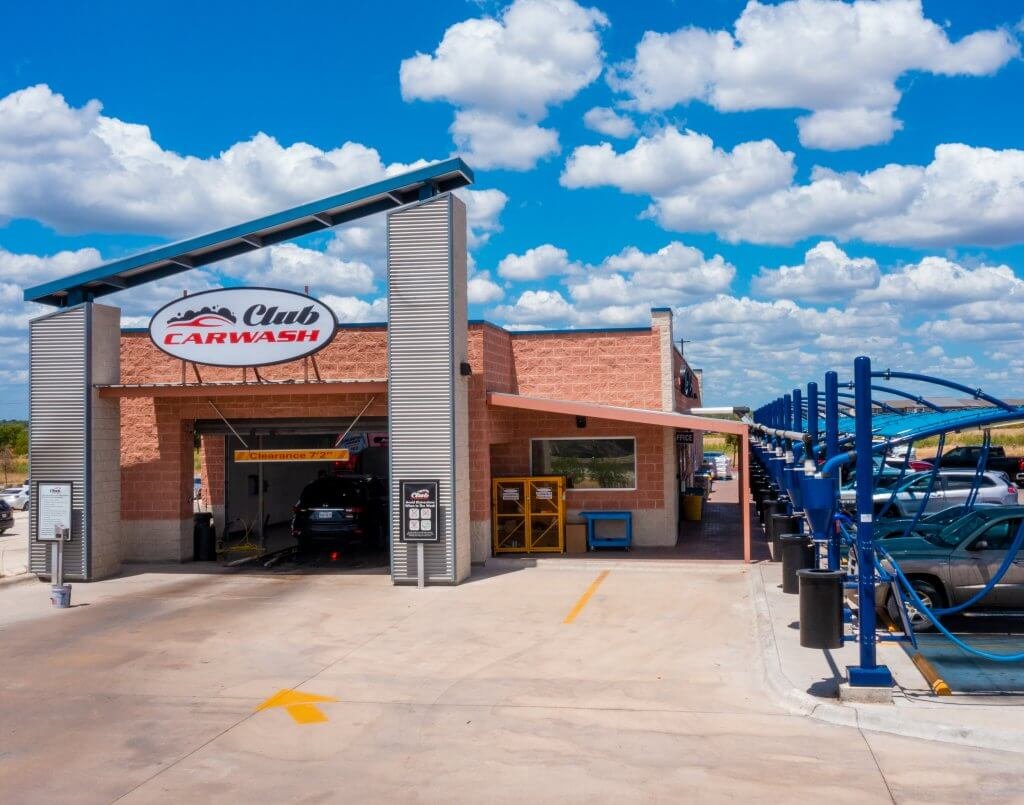
Credit: clubcarwash.com
Frequently Asked Questions
What Are The Basic Car Detailing Regulations In Texas?
In Texas, car detailing businesses must comply with environmental and safety regulations. They should manage waste responsibly and ensure proper disposal of chemicals. Additionally, they need to follow local zoning laws and obtain necessary business licenses. Compliance with these regulations helps maintain a safe and eco-friendly operation.
Do Car Detailers Need A License In Texas?
Yes, car detailers in Texas typically require a business license to operate legally. This involves registering the business with the state and obtaining any necessary permits. Additionally, they must comply with local zoning laws and environmental regulations. Licensing ensures compliance and enhances business credibility.
Are There Environmental Laws For Car Detailing?
Yes, Texas enforces environmental laws for car detailing businesses. Detailers must manage and dispose of hazardous waste properly. They should use eco-friendly products and minimize water usage. Compliance with these laws helps protect the environment and ensures sustainable operations, reducing negative impacts on local ecosystems.
Is Water Recycling Mandatory For Detailers?
Water recycling is not strictly mandatory, but highly encouraged in Texas. Many detailers adopt water-saving methods to comply with environmental guidelines. Using water-efficient equipment and recycling systems can reduce water consumption. This practice not only conserves resources but also aligns with eco-friendly business strategies.
Download Car Detailing Legal Compliance Checklist (2025 Edition)
Conclusion
Understanding car detailing laws in Texas helps avoid trouble. Compliance keeps your business safe. Following regulations ensures smooth operations. Stay informed about local rules. It’s crucial for success. Laws might change, so stay updated. Protect your business by knowing the law.
Customers appreciate lawful businesses. This builds trust and reputation. Research regularly to stay informed. Adjust practices as needed. Knowledge is power. Safe and legal operations benefit everyone. Make sure your business thrives. Be proactive in understanding the law. Practice responsible car detailing.
This ensures a bright future for your business.
Check out our other articles, Car Detailing Laws by State, here >>

